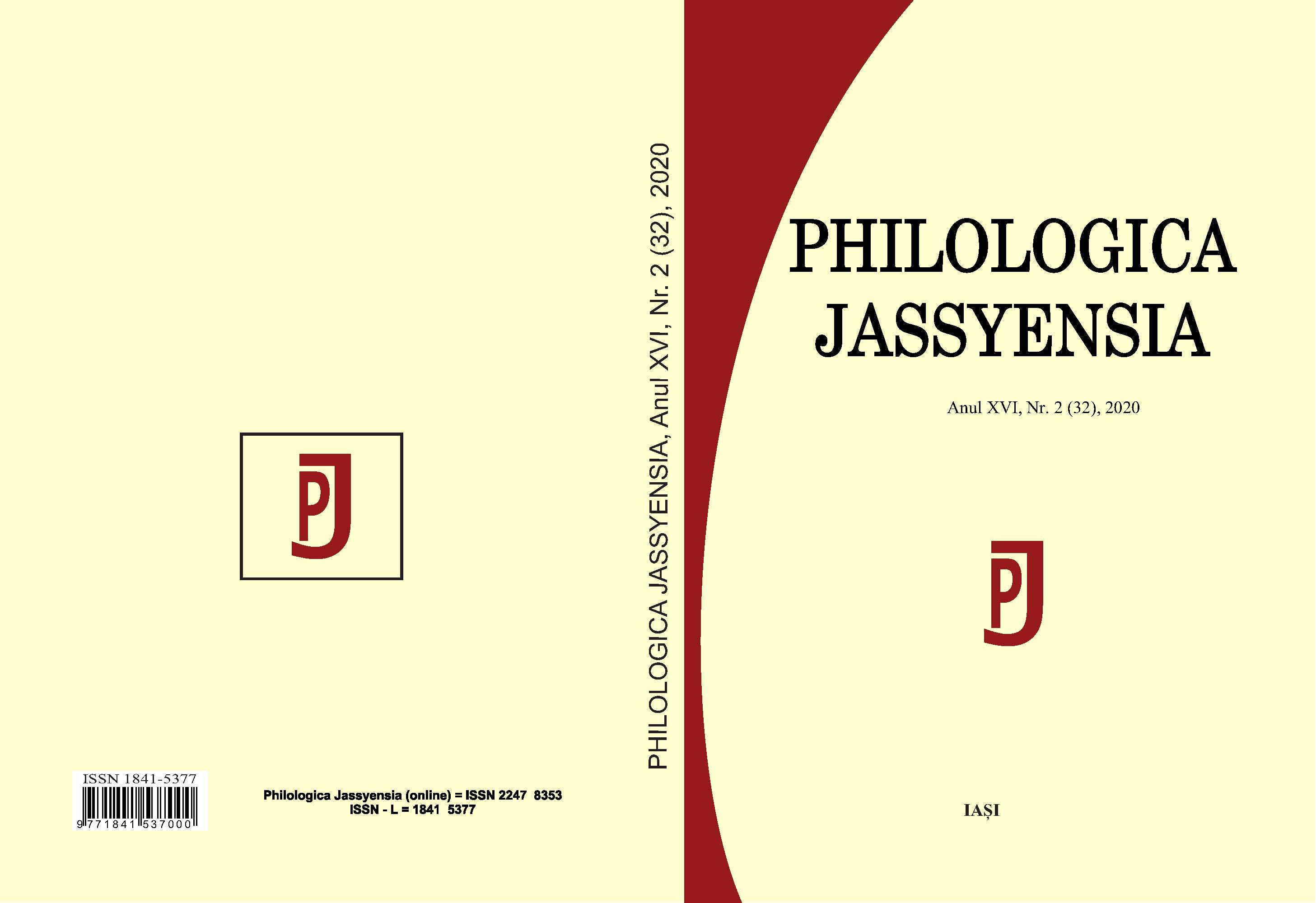Approximation d’identification partielle. Quand « espèce de » n’est pas nécessairement « specie de »
Approximation of Partial Identification. When “Espèce de” Is Not Necessarily “Specie de”
Author(s): Sonia BerbinskiSubject(s): Pragmatics
Published by: Editura Tracus Arte
Keywords: approximation; operators mechanisms; sources; suspensive approximation contrastivity; Romance languages;
Summary/Abstract: The phenomenon of approximation must take into consideration the levels of expression of approximate or indeterminate uses, which, at the same time, determine the operating mechanisms. Pertaining to lexical vagueness, as well as to the speaker’s attitude towards his own utterance and the speech act that he performs, the interpretation of approximation must take place at the semantic and referential level, at the level of the epistemic modality and at the pragmatic and discourse level (how speech acts are being actualized, the inferences generated by the lexical, sentential or enunciative indetermination and the lexical decontextualizations through discourse) (Sweetser 1990, Zafiu 2002a, Mihatsch 2010). With respect to polysemy, one simply needs to use appropriate contexts. The imprecision which characterizes the phenomenon of approximation requires the linguistic and extra-linguistic context, as well as the relation to the referent.The partial identification approximation of the referent causes an indetermination break in the class of categorical units, triggering their semantico-discursive relativisation, via a series of operators, identified as enclosures according to Kleiber or hedges according to Lakoff. The study of some of these meaning deformers concerning the categorizers, such as un soi de, un fel de, o specie de, un gen de, etc. allows to measure the degree of belongingness or resemblance of the modified term to a prototypical or stereotyped class, or to a set of elements.
Journal: Philologica Jassyensia
- Issue Year: XVI/2020
- Issue No: 2 (32)
- Page Range: 21-29
- Page Count: 9
- Language: French

